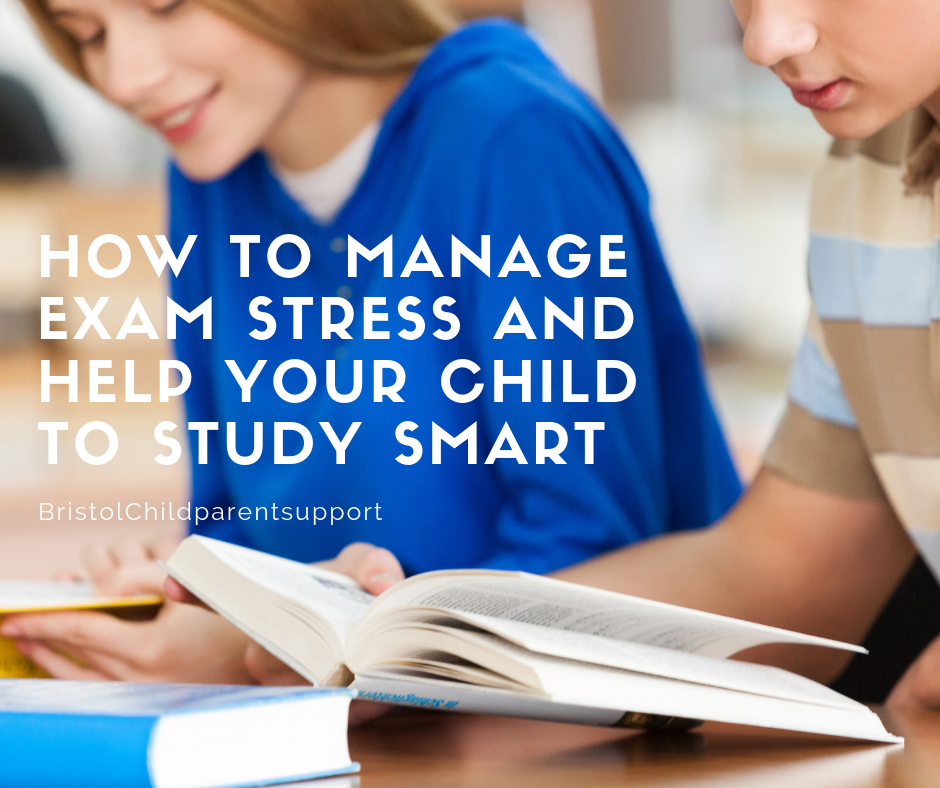It’s study and exam time. I feel for you, and I am so relieved that we all survived five years of exams. Just remember, you will all survive it. Here are my ideas that I helped us with and some thoughts from others.
How to Help your Teen Study Smart
- Use a variety of ways to study. Enable the adolescent to memorise by using mnemonics. We all use these from time to time. What are they?
Mnemonics are memory devices that help learners recall larger pieces of information, especially in the form of lists like characteristics, steps, stages, parts, phases, etc. We knew back in 1967 from a study by Gerald R. Miller that mnemonics increased recall. He found that students who regularly used mnemonic devices increased test scores up to 77%!
https://www.learningassistance.com/2006/january/mnemonics.html
Learning Centre Exchange quote nine but here are a few, remember, we all learn in different ways. Try and find a way that will help your teen the most!
- Music and Rhyming
- Mind Maps
- Notecards
- Silly Images
2. Let them take some control
Let them take control, and ensure that your child makes a planner of all exams and has an exam timetable. Make a copy and have it up on the wall. Do it together if they struggle with planning and organization( this is especially problematic for those who are Dyslexic, Dyspraxic, or suffer from ADHD, or ADD), then encourage them to have a varied revision timetable.

3. Stop the Distraction
It’s common sense, it’s more effective to learn by taking notes, rather than using the laptop. Writing notes enables them to retain more information. In addition, it will prevent your teenager from constantly checking their social media accounts!
4. Help them to do lots of test papers
We did this a lot, and if your child is resistant to this, then how about inviting some of their friends around?
5. Help them to have a tidy workstation/desk
I know they are teens! however, a tidy desk and room represent a tidy mind!
6. Let them write down their Anxieties
There are often certain exams that will concern your child, by helping them to write their worries on paper has been shown to reduce anxiety. If they will let you talk to them about it. You could say:
Is there something I can do to help you?
What help would the anxiety need right now?
How to Reduce the Stress at Home
- Try to keep family stress at a low level; sometimes it is good to protect your child if something emotional is occurring either within the family or extended family.
- If your teen has younger siblings, you could suggest they revise somewhere quieter, such as at the library or at a friend’s house. Inform their younger siblings about exams and that their siblings may be more stressed than usual.

- Revising for hours and hours is ineffective; help them to take breaks by offering some healthy snacks. Encourage them to move by stretching, yoga, throwing or kicking a ball around.
- Remind them to Deep Breathe, and practice it together.
- According to a study by Dr Mark Ross published by the British Psychology Society, the Aroma of Rosemary can aid children’s working memory :
A total of 40 children aged 10 to 11 took part in a class-based test on different mental tasks. Children were randomly assigned to a room with either rosemary oil diffused for ten minutes or a room with no scent.
The children were tested individually, seated at the table opposite the researcher. After introducing herself to the child, the researcher said: “You are here to play some memory games. Please don’t be nervous but try your best to remember what I ask you to.”

The analysis revealed that the children in the aroma room received significantly higher scores than the non-scented room. The test to recall words demonstrated the greatest difference in scores
- Encourage them to sleep; sleeping more than eight hours will help their memory; if they don’t believe you, show them the research here: https://www.ncbi.nlm.nih.gov/pubmed/16957003.
- Using the essential oil sage may help; a team from Newcastle University tested 44 healthy young adults aged 18 and 37. Some were given capsules containing sage oil, and others were given placebos.

The volunteers then took part in a word recall test and tested at intervals to see how many words they could remember. Results showed that those who had taken the sage oil consistently performed better than those who had taken placebos.
https://www.sciencedaily.com/releases/2003/09/030901091846.htm
- It is normal for them to feel anxious and concerned; therefore, they must go out and exercise. Prioritize times when they can talk to you if they want to. Going out for a smoothie, brunch or afternoon tea enables those “special talking” moments.
I wish you and your children the best and remember to help them balance. There is so much more to life than exams. With Love Catherine



